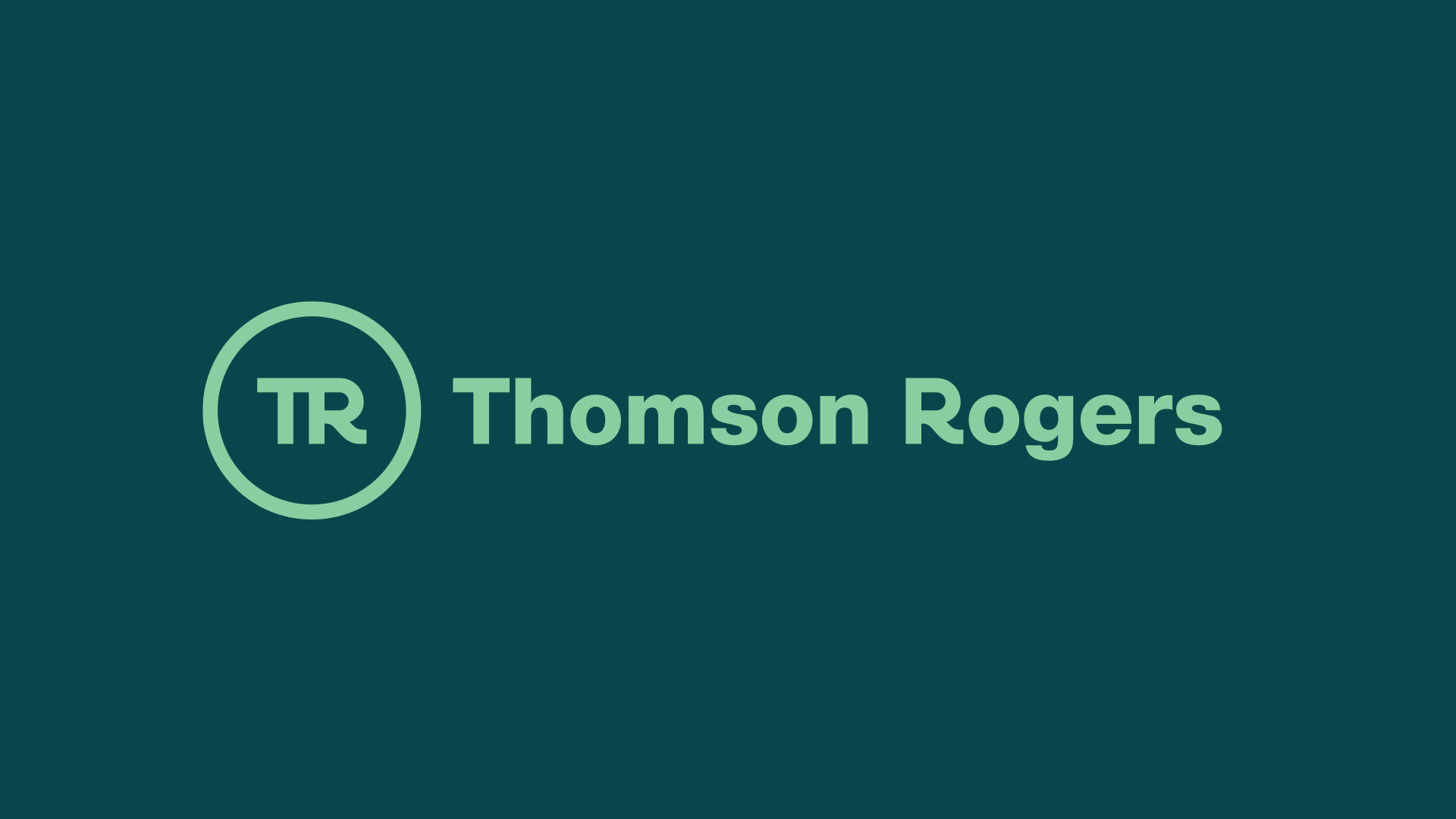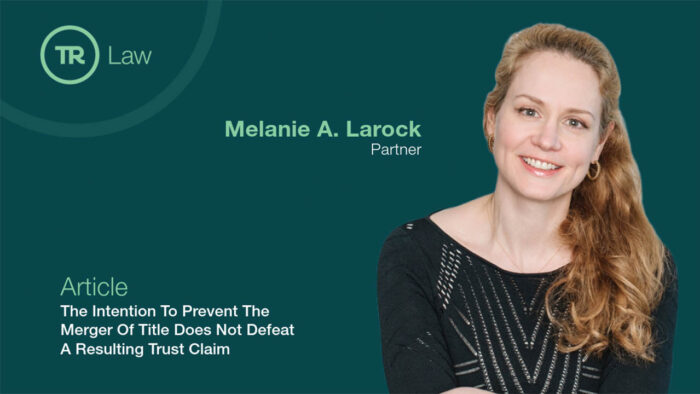Residential Schools Settlement Agreement – Frequently Asked Questions
November 4, 2009

What is the Indian Residential Schools Settlement Agreement?
On May 10, 2006, the Government of Canada announced the approval of the Indian Residential Schools Settlement Agreement (“IRSSA”) which our firm and many other parties negotiated in 2005 and 2006. The multi-billion dollar IRSSA received final court approval in March, 2007.
The IRSSA came into effect on September 19, 2007, and represents the largest class action settlement in Canadian history.
What were the components of the settlement agreement?
The Settlement Agreement has five key components:
- All former students of Indian Residential Schools who were alive as of May 30, 2005, will be eligible to receive a Common Experience Payment (CEP). The payment is $10,000 for the first year (or part thereof) and $3,000 for each additional year of attendance at a residential school as defended in the IRSSA. 1.9 billion dollars was paid by the Defendants to fund this obligation.
- Former students can pursue a claim for sexual and serious physical abuse through the Independent Assessment Process (IAP).
- The Truth and Reconciliation Commission will offer former students the opportunity to tell their stories in a safe and supportive context.
- The Aboriginal Healing Foundation will be receiving $125 million for the next five years to continue its support for local healing programs.
- Funds are also set aside for national and local commemoration projects.
Common Experience Payment (“CEP”)
What is the CEP?
The Common Experience Payment (CEP) is a component of the Indian Residential Schools Settlement Agreement.
Eligible applicants may receive $10,000 for the first school year of residence at residential school, plus an additional $3,000 for each subsequent school year of residence at residential school, as defined in the IRSSA. 1.9 billion dollars was paid by the Defendants to fund this obligation.
Who can apply for CEP?
All former residents who resided at one or more recognized Indian Residential Schools and who were alive on May 30, 2005, are eligible to apply for the CEP. So far over 90,000 people have applied and over 70,000 people have been paid some money.
How do I apply for CEP?
You must complete a CEP application form. The application form is available at: http://www.servicecanada.gc.ca/eng/goc/cep/forms.shtml
What is the deadline to apply for CEP?
The deadline to apply for the CEP is September 19th, 2011.
What if I don’t Agree with the CEP payment that I am awarded?
If you are not satisfied with the response you receive, you can have your claim reconsidered. Reconsideration forms are available at www.irsr-rqpi.gc.ca.
How can I obtain information about the status of my reconsideration?
Applicants can:
Telephone the CEP Response Centre: 1-866-565-4526
Email: reconsideration@irsr-rqpi.gc.ca
Fax your request to: 1-866-352-4080
Write to:
Common Experience Payment Response Centre
P.O. Box 5260, Nepean LCD Merivale
Ottawa, ON K2C 3H5
What if you don’t agree with the Reconsideration process decision?
If you disagree with the reconsideration decision, you have the right to Appeal to the Natural Administration Committee and even to the Courts after that.
The Appeal Form is available at: http://www.classactionservices.ca/irs/cep_appeal/documents/NACAppealFormFinal-English2.pdf
Where can I get information on the Appeal Process?
Information on how to file an appeal can be obtained at: www.residentialschoolssettlement.ca
Telephone: 1-866-879-4916.
Mail:
CEP Appeal Administrator
Suite 3 – 505, 133 Weber St. N.
Waterloo, ON N2J 3G9
Share this








